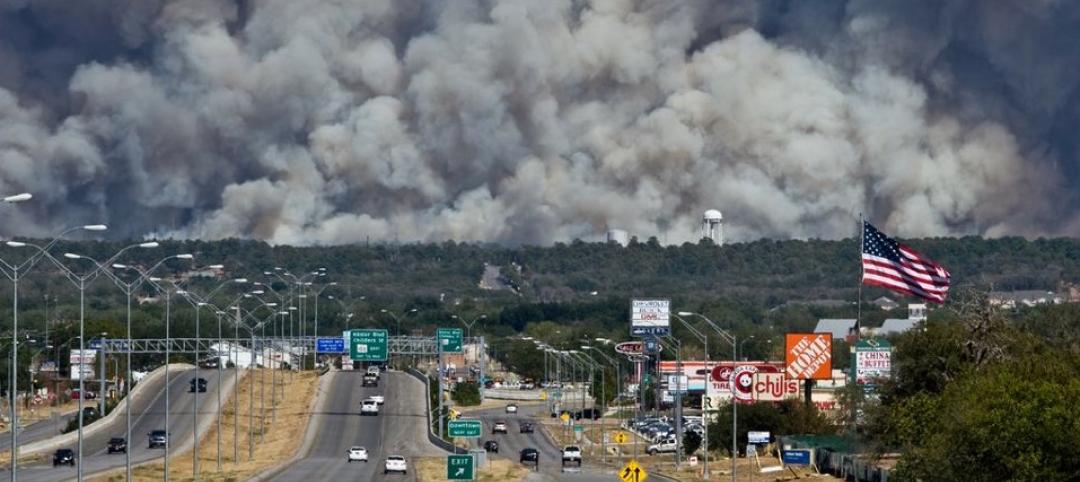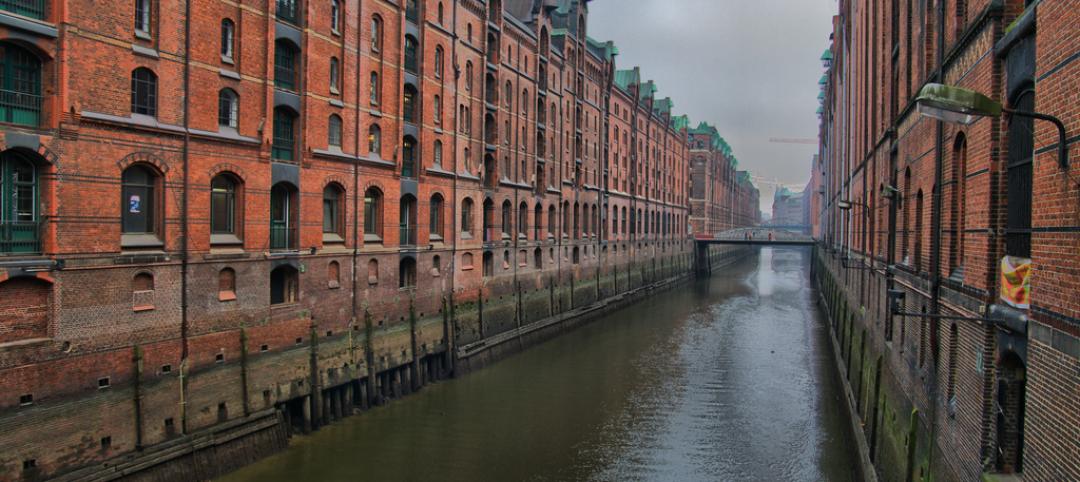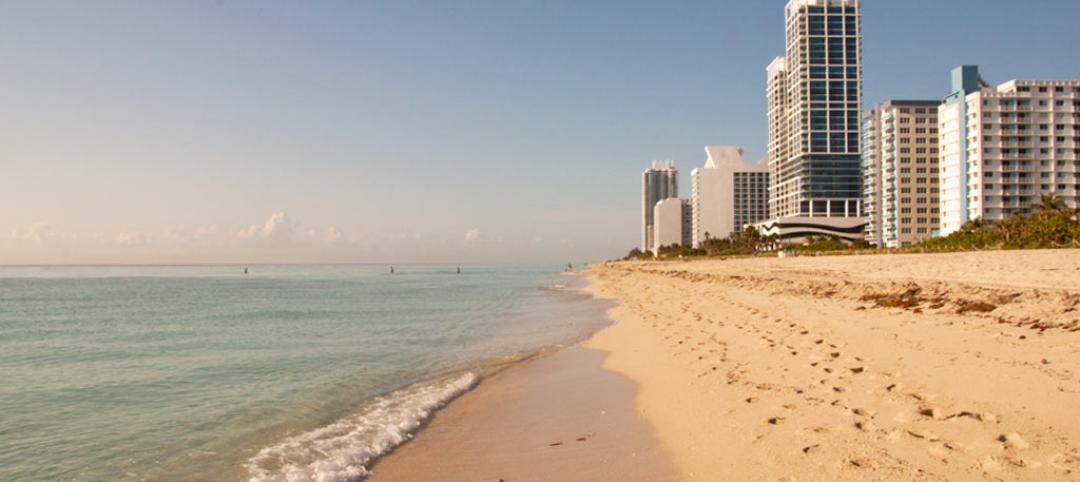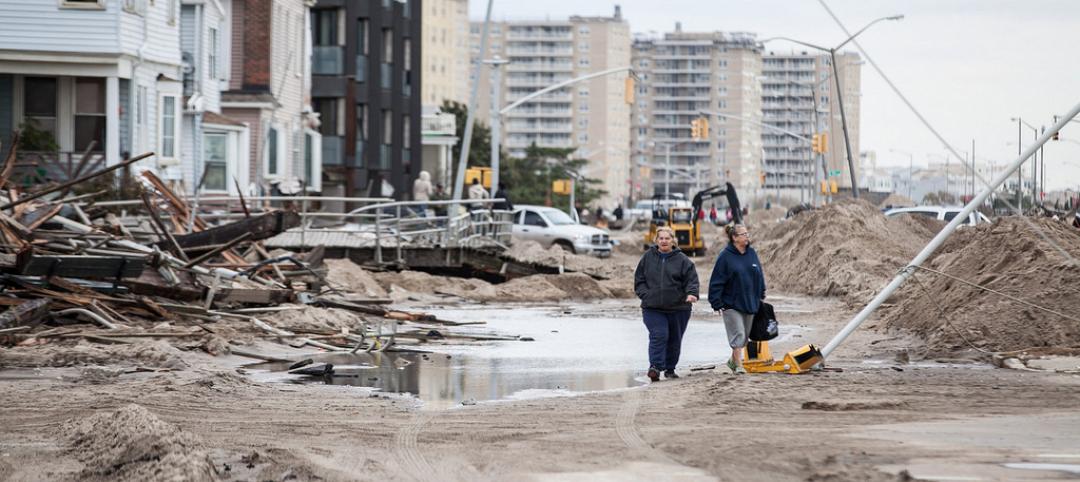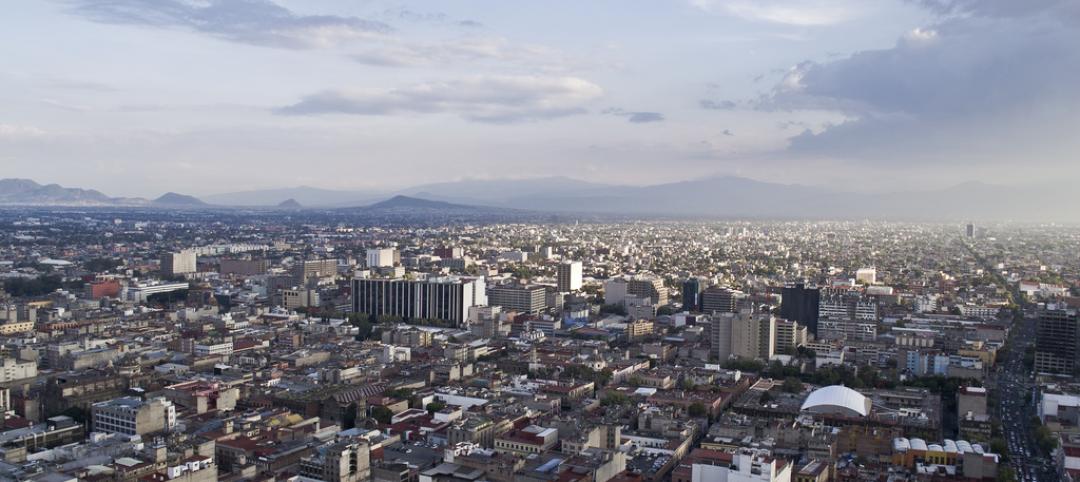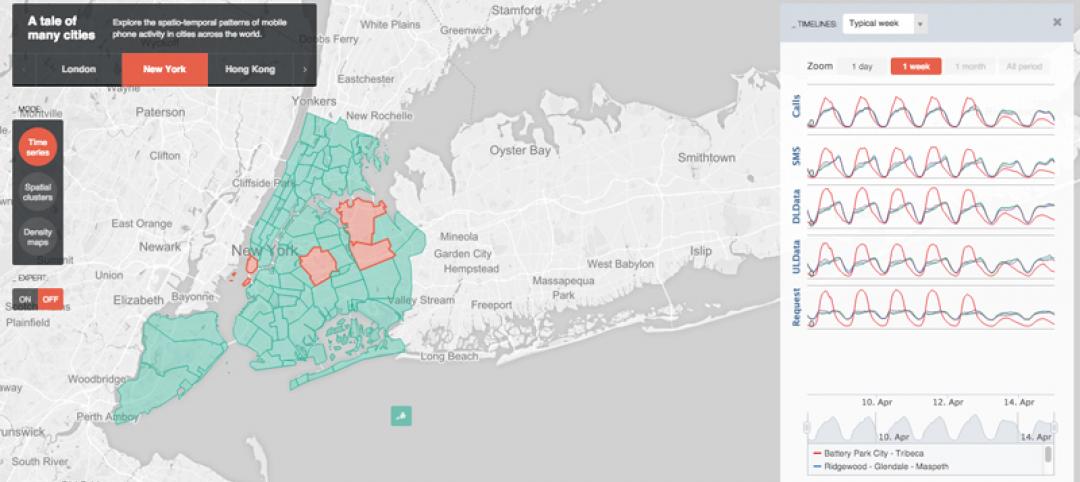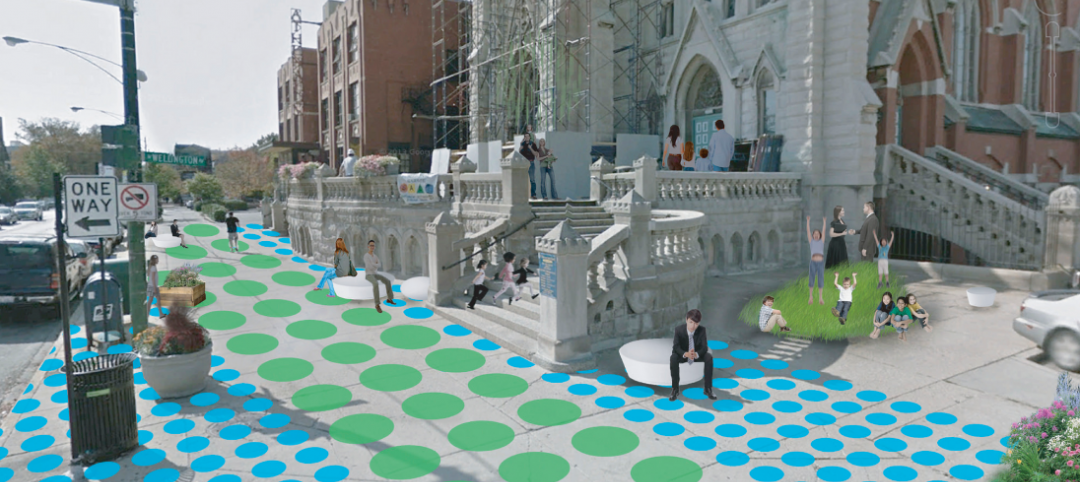Minneapolis is the latest major metro to require large commercial buildings to benchmark and disclose their energy and water use. Beginning in 2015, private commercial buildings >50,000 sf will have to report their energy and water use to the city, which is the first in the Midwest to require the procedure. The policy is intended, in part, to enhance the power of sustainability as a marketing tool.
"Other cities' experiences with disclosure requirements are showing that they will result in lower energy costs for businesses," says Elizabeth Glidden, Minneapolis City Council member, who wrote the ordinance. The city's own facilities and other public offices will start compliance early, disclosing energy and water use for buildings >25,000 sf this year.
Similar policies are already in place in Austin, Texas, New York City, Philadelphia, San Francisco, Seattle, and Washington, D.C. Seattle recently reported that 87% of its commercial and multifamily residential facilities of 50,000 sf or larger are now in compliance, representing more than 200 million sf of property. This year, the next phase of Seattle's ordinance kicks in, covering commercial and multifamily buildings between 20,000 and 50,000 sf. The city has not chosen to release its data, but building owners must make their stats accessible to tenants, buyers, or financial institutions.
(http://www.greenbiz.com/news/2013/02/13/cities-push-energy-data-commercial-buildings)
Related Stories
Smart Buildings | Dec 1, 2015
LEED Steering Committee approves resiliency pilot credits
Three credits address planning, design, and survivability.
Smart Buildings | Nov 30, 2015
New neighborhoods in Hamburg, Germany resilient to flooding, carbon neutral
Mixed-use areas built on brownfields and derelict districts.
Smart Buildings | Nov 13, 2015
Miami Beach making plans to cope with rising sea levels, flooding
The city has turned to sea walls, raised streets, and pumping stations.
Smart Buildings | Nov 11, 2015
No eyes on the road: The impact of driverless vehicles
The idea that space can be repurposed by breaking dependence on the purchase, maintenance, and storage of a big machine is a great boon for the sustainable future of cities, writes SmithGroupJJR's David Varner.
Smart Buildings | Nov 9, 2015
White paper promotes incentives for improved disaster resilience
The white paper makes the case that the most cost-effective manner to achieve resilience is through a holistic and integrated set of public, private, and hybrid programs.
Smart Buildings | Nov 5, 2015
JLL names 10 emerging world cities
Mexico City, Shanghai, Istanbul, and seven other world-class cities have experienced rapid economic growth and real estate development.
Cultural Facilities | Oct 28, 2015
New York City’s underground 'Lowline' green space enters the testing phase
If realized, The Lowline would provide 1.5 acres of green space for the Lower East Side of Manhattan.
Seismic Design | Oct 22, 2015
Taipei 101 tower named 'world's toughest' building by Popular Mechanics
Popular Mechanics named the 10 structures that best withstand floods, winds, storms, and earthquakes.
BIM and Information Technology | Oct 19, 2015
New web tool from MIT organizes human movement in interactive graphs
Users can explore the mobile phone activities in London, New York, Los Angeles, and Hong Kong.
Smart Buildings | Oct 8, 2015
Brookings announces the Bass Initiative on Innovation and Placemaking
The think tank's goal is to stress public spaces, urban economies, and inclusive growth in city building.



